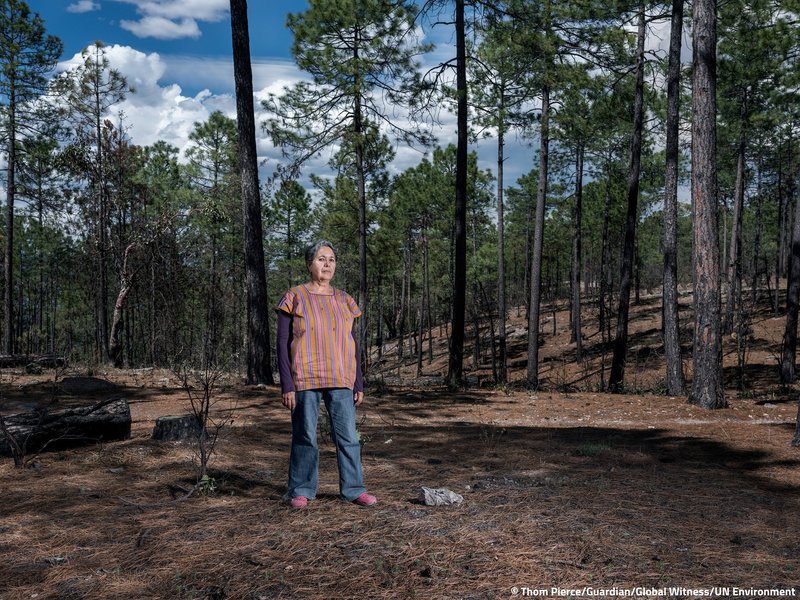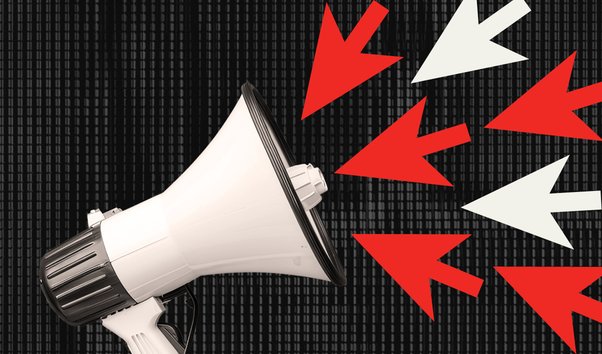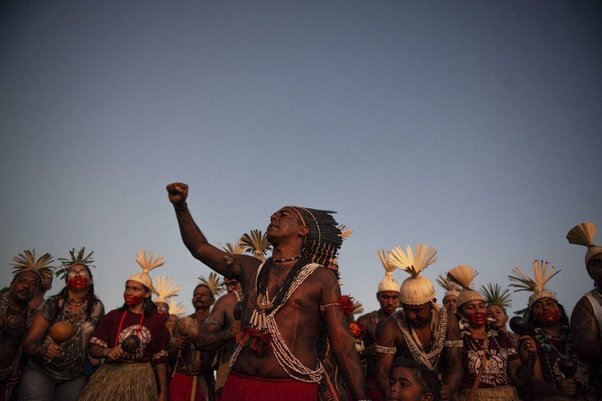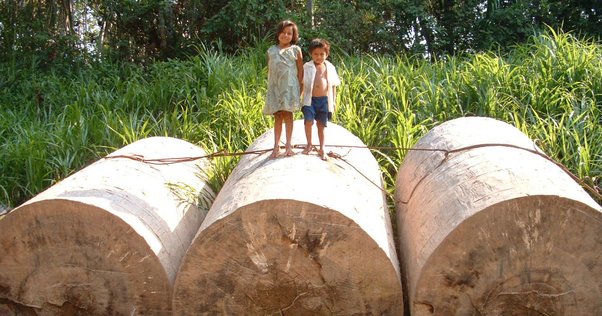As the landmark Latin American agreement to protect defenders gathers momentum, effective implementation takes centre stage?

In September, we published Decade of Defiance, a report that marks ten years of our work in documenting the killings of land and environmental defenders. It is the result of intensive research, close collaboration with partners around the world and rigorous data analysis. While the overwhelming data points to killings taking place around the world, one region stands out: in Latin America we have recorded the highest number of killings every year for the past decade. It makes up a staggering two thirds of our global count. Our reporting over the past 10 years presents a compelling case to prevent reprisals before it is too late and to hold perpetrators accountable for such attacks.
Turning the tide on attacks against defenders
Against this dire background, the response from governments has often fallen short. Fortunately, a strong and determined network of Indigenous groups, civil society organisations, and grassroot movements have stepped up to the challenge. This has resulted in what is known as the Escazú Agreement. Signed in 2018, it is the first legally binding instrument in the world that places defenders front and centre. It calls on governments to prevent and investigate attacks against defenders and to guarantee a safe environment for them to do their work without fearing for their lives. It also upholds public participation, access to information and access to justice as essential components for protection of defenders.
So far, 24 countries have signed the agreement, but only about half of these have ratified it. Back in October, and following a historical change in government and calls from Global Witness and many other organisations, Colombia became the latest country to ratify it, opening up the path to implementation. This is of particular importance given the complex and violent context Colombia faces. Over the last decade, at least 322 land and environmental defenders were murdered. If one adds the killings of other social leaders and human rights defenders, the figure skyrockets. In a recent interview assessing the first 100 days since assuming office, Francia Márquez, a renowned lawyer and human rights activist, and the first-ever Afro-Colombian vice-president, candidly acknowledged that attacks against social leaders need to be addressed.
Accelerating implementation
Agreeing on a regional agreement such as Escazú takes colossal time and energy, not to mention diplomacy and determination. Therefore, signing can feel like getting through the line. Yet it really is only the beginning of a much longer journey. The real challenge, and what will put the agreement to the test, is implementation.
From 27 September 2018, when the first countries signed the agreement, till the end of 2021, we have documented the killing of at least 487 defenders in Latin America.
In April 2022, Chile hosted the first Escazú Conference of the Parties, or COP. This might be a familiar term to many when it comes to climate change – COP27 has recently finished in Egypt. In the Escazu context, the COP has enabled the Parties to come together for the first time to assess the current situation and propose next steps. In that sense, the fact that Escazú has kickstarted its own deliberations is good news, but while addressing the violence against defenders is, like climate change, a very complex issue and therefore takes time, the reality is that, like for climate change, time is precisely what we don’t have.
Global Witness has been pushing for the momentum around Escazú to build and accelerate. Last month, we participated in the first Escazú Regional Forum in Ecuador which brought together governments, civil society organisations and defenders at the frontline of the climate crisis. It was a sobering reminder of how much work lies ahead. We used the forum as an opportunity to call for accountability from governments and companies. We urged governments to ensure defenders have access to justice – impunity is one of the underlying forces that drive the killings. We called for companies to conduct due diligence and implement effective measures to ensure that they are not violating the rights of defenders or putting them at risk in any way. More specifically, we called on Mexico, the country with the highest number of killings of defenders in 2021, to take urgent action to stop the brutal violence escalating in the country against defenders. From 5 November 2020, when Mexico ratified the Agreement, to the end of 2021, at least 61 number of defenders have been killed in the country , exposing the severe level of risk defenders in the country face, including Indigenous communities, journalists and civil society groups.
Mexico is not alone in failing to address these attacks. Brazil, where we have recorded the highest number of killings over the past decade, has not even ratified the Escazú Agreement. We are calling on the new administration in Brazil to put the protection of defenders at the top of the political agenda.
We urgently need to transform promises and commitments into implementation and accountability. As we mark 10 years of our reporting on killings of land and environmental defenders, we honour their lives and look forward to standing in solidarity with defenders globally. Here is to a decade of action for people and planet.
Read this page in


